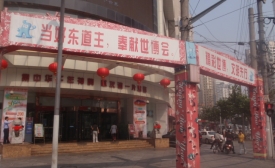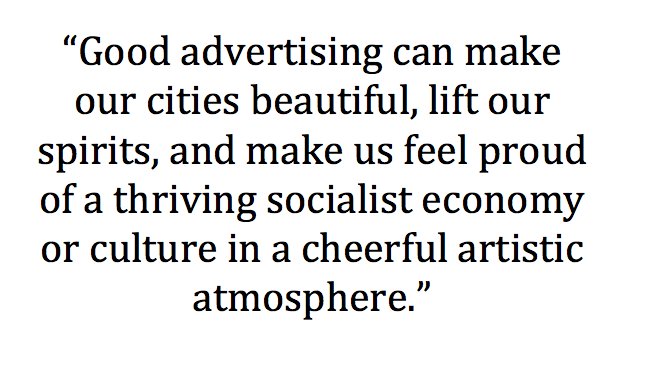beijing olympics

This journal article by Zhao Kejin examines China's public diplomacy strategies, campaigns and global motivations to strengthen and secure its international public image.

...the ceremony was an entertaining celebration of British culture. London had a tough act to follow after Beijing’s stunning ceremony in 2008. Yet, not only did London surpass expectations, but its display of self-confidence and soft power made a more powerful statement than Beijing’s mighty effort.
The priciest public-relations expenditure was the 2008 Beijing Olympics, which by some estimates cost $40 billion. The country has financed roads in Brazil, bridges in Zambia, power grids in Cambodia and mining rigs in Uzbekistan. It established Confucius Institutes for Chinese language and culture on 75 US college campuses. It started CCTV America to raise its profile.
Much ado has been made about burgeoning Chinese soft power, and how China is increasing its public diplomacy and extending its soft power reach. From expanding the number of Confucius Institutes around the world, to a growing international broadcasting effort, China has been actively working to wield more signficant soft power influence.
Over the past decade, China's economic and military might has grown impressively. This has frightened its neighbors into looking for allies to balance China's increase in hard power. But if a country can also increase its soft power of attraction, its neighbors feel less need to balance its power.
...Hu told the 17th Congress of the Chinese Communist Party that China needed to invest more in its soft power resources. Accordingly, China is spending billions of dollars on a charm offensive. The Chinese style emphasises high-profile gestures, such as rebuilding the Cambodian Parliament or Mozambique's foreign affairs ministry.








